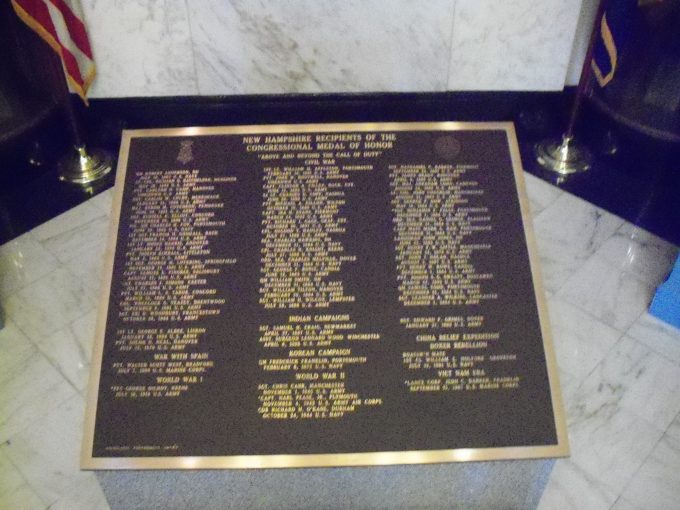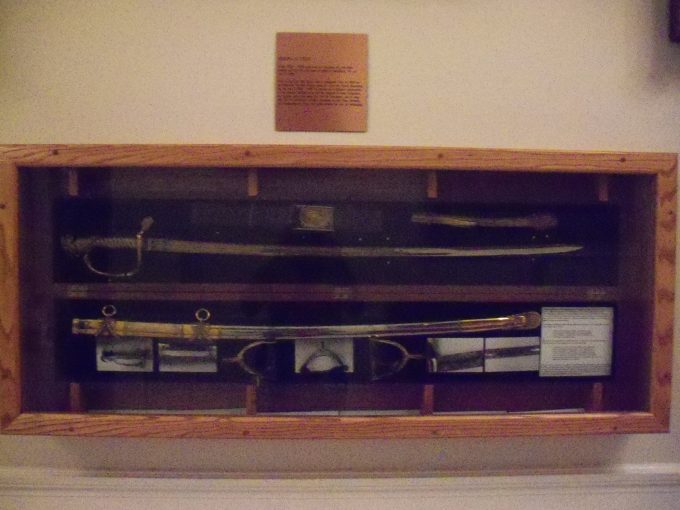
Friday, 8 March 2019
By faith Sarah herself also received strength to conceive seed, and she bore a child when she was past the age, because she judged Him faithful who had promised. Hebrews 11:11
There is an emphasis in the Greek which highlights the introduction of Sarah. This wording is probably intended to highlight the fact that she was, at first, unbelieving of the promise of a son. The structure in Greek, “By faith Sarah herself also,” reveals this emphasis. The account is recorded in Genesis 18 –
And He said, “I will certainly return to you according to the time of life, and behold, Sarah your wife shall have a son.”
(Sarah was listening in the tent door which was behind him.) 11 Now Abraham and Sarah were old, well advanced in age; and Sarah had passed the age of childbearing. 12 Therefore Sarah laughed within herself, saying, “After I have grown old, shall I have pleasure, my lord being old also?”
13 And the Lord said to Abraham, “Why did Sarah laugh, saying, ‘Shall I surely bear a child, since I am old?’ 14 Is anything too hard for the Lord? At the appointed time I will return to you, according to the time of life, and Sarah shall have a son.”
15 But Sarah denied it, saying, “I did not laugh,” for she was afraid.
And He said, “No, but you did laugh!” Genesis 18:10-15
Sarah lacked faith at first, but “By faith Sarah herself also received strength to conceive seed.” Though at first she was incredulous that such a thing could take place, that was eventually replaced with a strong confidence that what was stated would, in fact, come about. This demonstrates that faith itself is something that, at times, needs to be cultivated. In Sarah’s case, and after being built up in her faith, “she bore a child when she was past the age.”
She went from a state of laughing that such a thing could never happen to acceptance that it was sure to come about. Indeed, despite her age, she realized that nothing is too hard for the Lord. However, it took the account from Genesis (above) to elicit that out of her. Once this came about, “she judged Him faithful who had promised.”
Sarah went from thinking from the perspective of the world around her, where certain things happened, and other things didn’t happen, to a perspective that the Lord was capable of causing the otherwise impossible to occur. Further, not only can He cause such things to come about, but He was faithful to follow through when He spoke out His word concerning the matter. This is the same sentiment that is seen in the previous chapter –
“Let us hold fast the confession of our hope without wavering, for He who promised is faithful.” Hebrews 10:23
Life application: The Lord has made certain promises that are recorded in His word. As incredulous as they may seem, they have been uttered, and they reflect the very nature of who He is. Thus, they will come about as He has spoken. However, care must be taken to interpret what the word says. The Lord does not promise health, wealth, prosperity, or long life. At times, these things are spoken of as generally coming about when one follows the Lord and His precepts, but they are not promises. Rather, they are general guidelines. And so we must know the word and understand it in its proper context. In this, we will not be led down a false path of believing that God will keep us from trials and afflictions. Quite the opposite is often true. Be sound in your doctrine, and be sure of the promises which are unconditional. All others need to be taken as grace added to the grace you have already been bestowed.
Lord, You alone have done everything necessary to provide us with righteousness – a righteousness not our own, and not of works, but of faith in You and Your promises. Help us never to forget or misuse this most important precept! And then, give us continued faith to trust that what You have done is also sufficient to carry us through to our completion. Amen.




